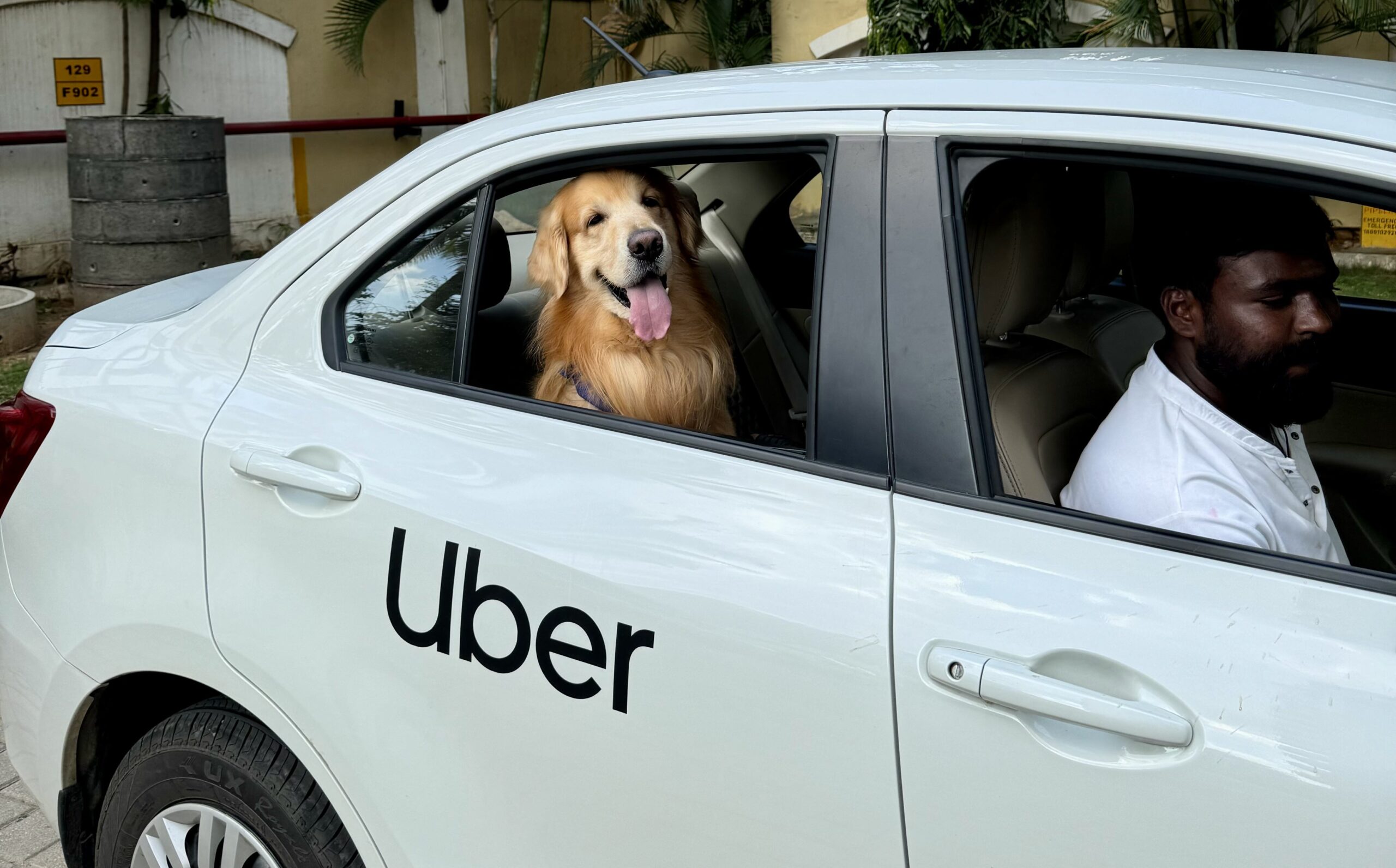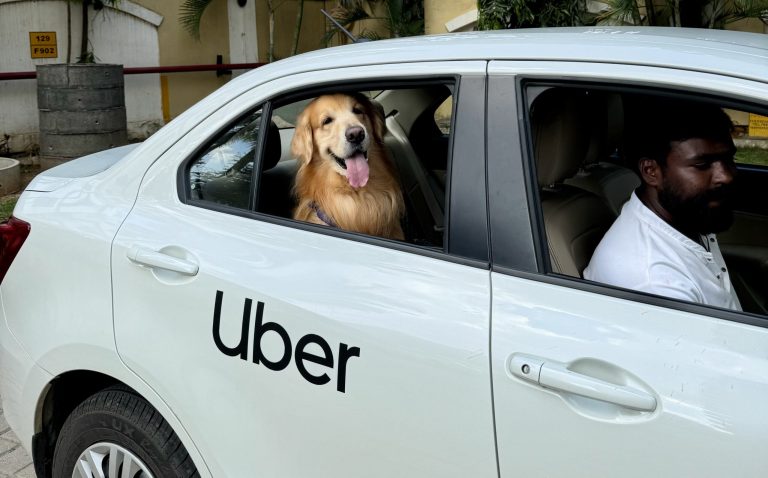The US Department of Justice (DOJ) has once again filed a lawsuit against ride-sharing giant Uber, alleging widespread discrimination against individuals with disabilities. This marks the second major legal battle between the two entities in recent years, highlighting ongoing concerns about accessibility within the company’s services. The lawsuit, filed in federal court in Northern California, claims Uber and its drivers routinely refuse service to passengers with disabilities, specifically targeting those with service animals and those requiring stowable wheelchairs. The DOJ’s accusations extend beyond simple refusal of service, encompassing reports of insulting and demeaning conduct by Uber drivers towards disabled passengers. This latest action underscores a persistent pattern of alleged discrimination, prompting serious questions about Uber’s commitment to inclusivity and accessibility for all its users.
The DOJ’s lawsuit paints a disturbing picture of the experiences faced by people with disabilities using the Uber platform. The complaint details numerous instances where drivers have either outright refused service or treated passengers with service animals and other assistive devices with disrespect and condescension. This alleged behavior not only violates the Americans with Disabilities Act (ADA) but also undermines the fundamental principles of equal access and fair treatment for all members of society. The government’s legal action seeks substantial redress for those who have suffered discrimination, demanding a jury trial, injunctive relief, monetary damages, and significant civil penalties for Uber’s alleged ADA violations.
Uber’s response to the lawsuit has been swift, yet it firmly contests the DOJ’s allegations. The company insists that it maintains a zero-tolerance policy for service denials based on disability and highlights its service animal policy, which requires all drivers to acknowledge and agree to its terms before beginning work. Uber further claims it has taken steps to educate its drivers on the importance of accommodating service animals, including the distribution of an educational video last year. The introduction of a new feature allowing passengers to alert drivers about service animals prior to pickup was also highlighted as evidence of Uber’s proactive measures towards improving accessibility.
However, the DOJ’s complaint argues that these measures are insufficient to address the pervasive issue of discrimination. The lawsuit points out that the feature enabling passengers to inform drivers about service animals was only implemented after the DOJ had initiated its investigation. Even with the new feature in place, the complaint alleges that Uber continues to fail in guaranteeing equitable access for all its users. This lack of comprehensive and effective action, according to the DOJ, demonstrates a systemic problem rather than isolated incidents. The case underscores the need for robust enforcement mechanisms to ensure that companies like Uber truly live up to their commitments of inclusivity.
The current lawsuit builds upon a previous legal challenge brought by the DOJ against Uber in 2021. That case focused on “wait time” fees imposed on passengers who, due to their disabilities, needed extra time. While a settlement was reached in 2022, resulting in a $2.2 million payment to affected passengers, the present action signifies that the underlying issues of accessibility and non-discrimination have not been fully addressed. This history of legal action against Uber, coupled with this latest lawsuit, points to a broader systemic challenge in ensuring that ride-sharing platforms prioritize and effectively implement policies that guarantee equal access and fair treatment for individuals with disabilities.
In conclusion, the DOJ’s renewed lawsuit against Uber underscores the ongoing struggle for disability rights within the ride-sharing industry. While Uber claims to have implemented policies and training to prevent discrimination, the DOJ’s persistent legal action suggests a significant gap between stated policy and actual practice. The outcome of this case will have significant implications not only for Uber but also for other ride-sharing companies, potentially setting a precedent for how technology platforms address accessibility issues and comply with the ADA. The severity of the allegations, the demand for substantial penalties, and the history of previous litigation underscore the importance of this case for ensuring equal access for individuals with disabilities in the digital age. The ultimate resolution will have a lasting effect on how these companies operate and how they serve their customers.

